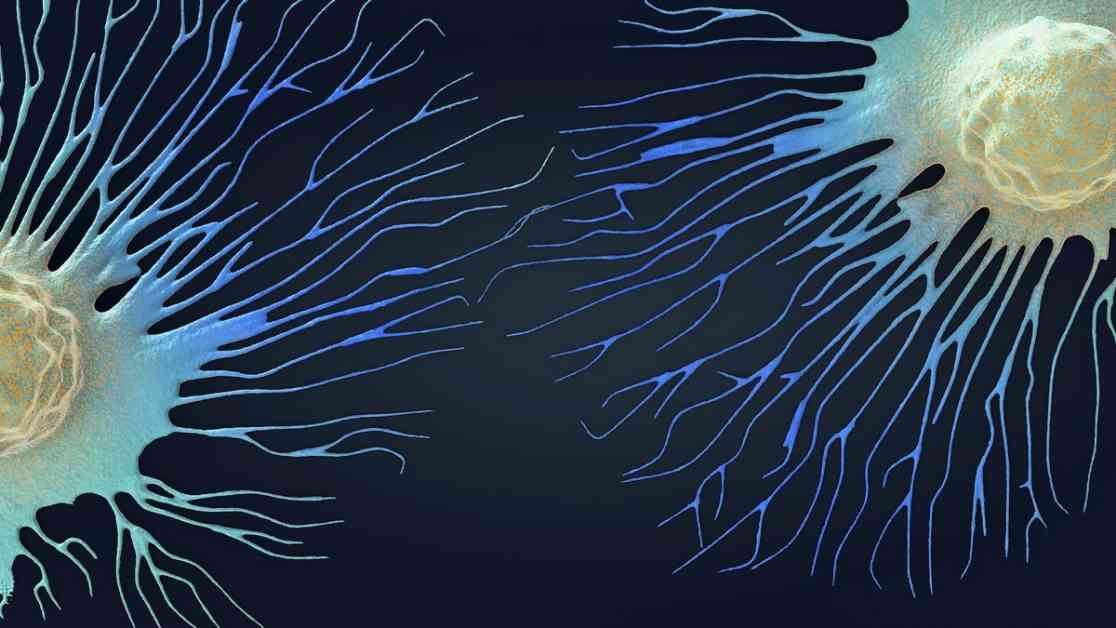Could a Heart Drug from Foxglove Hold the Key to Fighting Cancer Spread?
In a groundbreaking study, researchers have discovered that an old heart medication, digoxin, may have the potential to break up clusters of cancer cells, potentially preventing the spread of tumors to other organs. While still in the early stages of research, this finding could revolutionize cancer treatment, particularly for aggressive cancers like breast cancer that have a high tendency to metastasize.
The Challenge of Metastasis
Metastasis, the spread of cancer from its original site to other parts of the body, is a significant challenge in cancer treatment. For women in the U.S., breast cancer remains one of the leading causes of cancer-related deaths due to its ability to metastasize to vital organs such as the brain and lungs. Current treatments primarily focus on killing tumor cells but do not specifically target metastasis, making it a critical area of research in cancer therapy.
The Role of Circulating Tumor Cells
Circulating tumor cells, which break away from the primary tumor and travel through the bloodstream, play a crucial role in the metastatic process. These cells have a higher likelihood of forming new tumors when they cluster together, making them more dangerous than individual circulating cells. Recent research in Switzerland identified existing drugs, including digoxin, that have the potential to disrupt these cell clusters and limit metastasis.
A Promising Clinical Trial
Building on this research, a clinical trial was conducted to investigate the effects of digoxin on circulating tumor cell clusters in women with metastatic breast cancer. Published in the journal Nature Medicine, the study found that digoxin could reduce the size of these clusters, offering a new approach to complement existing cancer treatments. By disrupting the connections between clustered cancer cells, digoxin shows promise as a potential tool in the fight against metastasis.
Expert Insights and Future Directions
Dr. Daniel Smit and Dr. Klaus Pantel from the University Medical Center Hamburg-Eppendorf in Germany provided valuable insights into the study’s findings. While the results are promising, they emphasize the need for further research to determine the drug’s full potential in cancer treatment. Additionally, the researchers plan to develop new molecules based on digoxin that could more effectively target circulating tumor cell clusters, paving the way for future advancements in cancer care.
The Road Ahead in Cancer Treatment
While the study’s findings are a significant step forward in understanding the role of digoxin in cancer therapy, there are still questions to be answered. Further research is needed to explore the drug’s effects on different types of cancer and its potential to prevent the formation of new tumors. As researchers continue to unravel the complexities of metastasis, the hope is that innovative treatments like digoxin will offer new opportunities for improving patient outcomes.
In conclusion, the study’s findings offer a glimpse into the promising potential of repurposing existing medications for cancer treatment. By leveraging the unique properties of digoxin to disrupt tumor cell clusters, researchers are opening up new avenues in the fight against metastatic cancer. As the field of oncology continues to evolve, collaborations between scientists, clinicians, and pharmaceutical companies will play a crucial role in translating these discoveries into life-saving treatments for patients worldwide.










